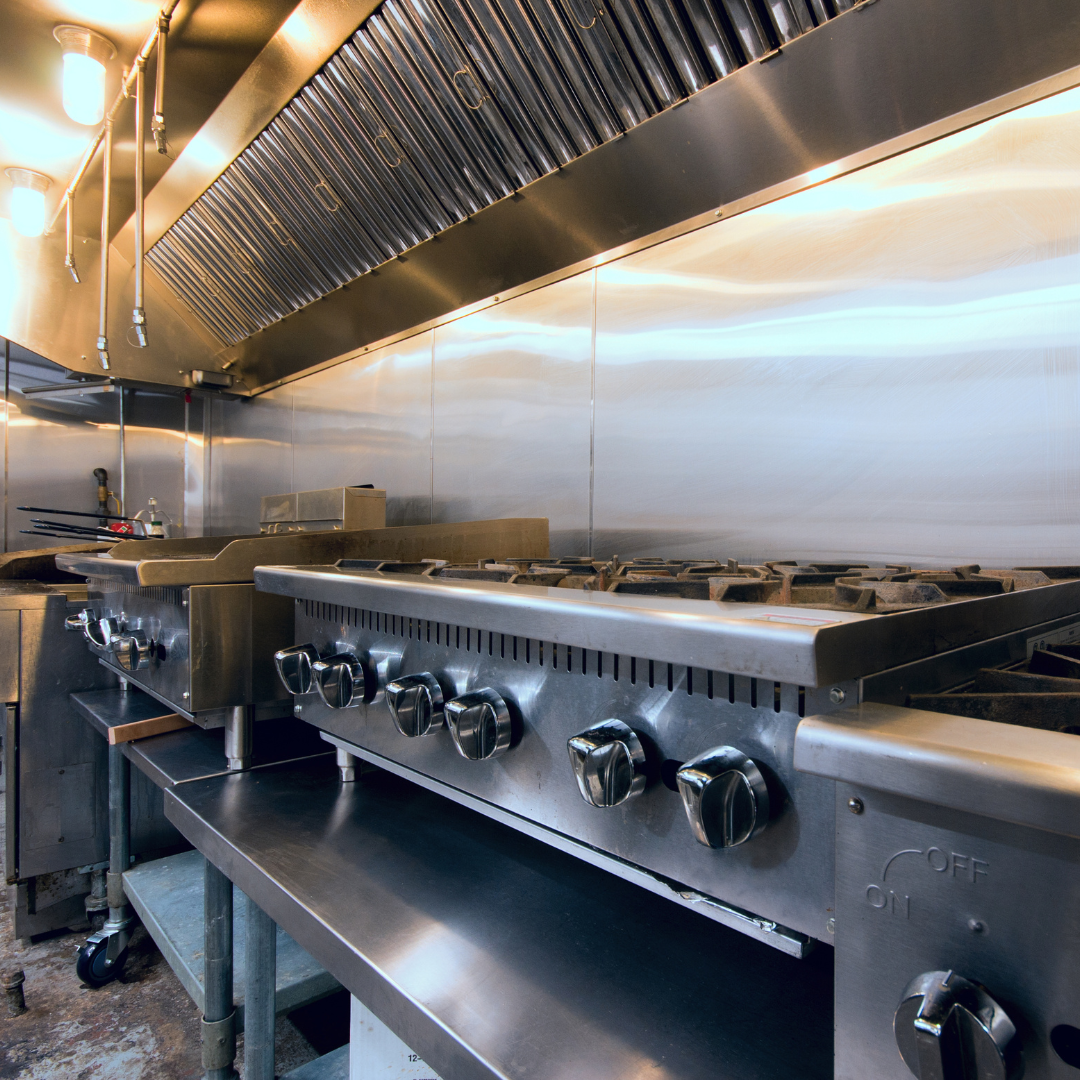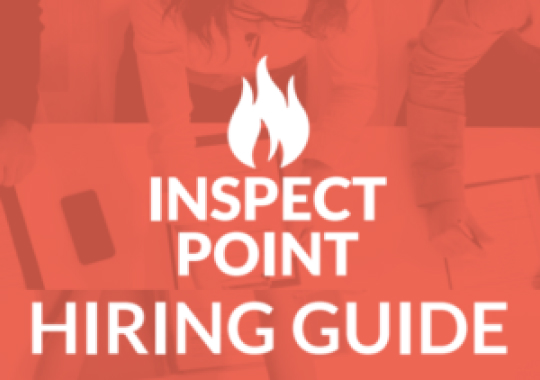
Choosing the Right Fire Suppression System for Your Industry
There’s a lot to it, but this blog gives you some background and will make it easier to discuss what is best for your situation.
Considerations for Choosing a Fire Suppression System
- Identify Your Industry’s Fire Risks
The first step is to assess the unique fire risks associated with your particular industry. For example:
- In a restaurant, grease fires are a significant concern.
- In a data center, electrical fires pose a higher risk.
- In a manufacturing facility, flammable chemicals may be the primary concern.
Understanding your industry-specific risks is crucial to selecting the appropriate suppression system.
- Type of Fire
Different types of fires require other suppression methods. The four primary types of fires are:
- Class A (ordinary combustibles)
- Class B (flammable liquids)
- Class C (electrical fires)
- Class K (cooking oils and fats).
Ensure your chosen system is effective against the type of fires relevant to your industry.
- Size and Layout of the Area
Consider the size and layout of the area you need to protect. High ceilings, large machinery, and confined spaces may require specialized suppression systems or a combination of systems.
- Environmental Impact
In some industries, environmental concerns are paramount. Ensure your chosen system aligns with environmental regulations and minimizes the release of harmful substances.
- Maintenance and Reliability
Regular maintenance is essential for any fire suppression system. Consider the ease of maintenance and the availability of qualified technicians for your chosen system.
- Cost Considerations
While cost should not be the sole determining factor, it is a practical consideration. Compare the initial installation costs, maintenance expenses, and potential property and business continuity savings.
Common Types of Fire Suppression Systems
Now, let’s explore some common types of fire suppression systems and their suitability for various industries:
- Sprinkler Systems
Suitable For Commercial buildings, warehouses, manufacturing facilities, and healthcare facilities.
Advantages: Effective, widespread coverage and low maintenance.
Considerations: Water damage, freezing in cold climates.
- Clean Agent Systems
Suitable For Data centers, server rooms, museums, and libraries.
Advantages: Leaves no residue, safe for sensitive equipment.
Considerations: Cost and environmental impact.
- Foam Systems
Suitable For Industrial facilities, chemical storage, and airports.
Advantages: Effective for flammable liquids and materials.
Considerations: Cleanup and environmental impact.
- CO2 Systems
Suitable For Electrical rooms, labs, and paint booths.
Advantages: Rapid suppression, no residue.
Considerations: Personnel safety (CO2 is a suffocant), equipment compatibility.
- Wet Chemical Systems
Suitable For: Commercial kitchens and restaurants.
Advantages: Designed for cooking oil fires, quick suppression.
Considerations: Specific to Class K fires.
Conclusion
Fire suppression is not a one-size-fits-all solution. Understanding your specific fire risks and choosing a suppression system tailored to your needs to safeguard your personnel and assets is crucial. By considering the type of fire, the size and layout of the area, environmental concerns, and other factors, you can make an informed decision that will enhance fire safety in your industry and ensure business continuity. Remember, being proactive is your best defense regarding fire safety.

